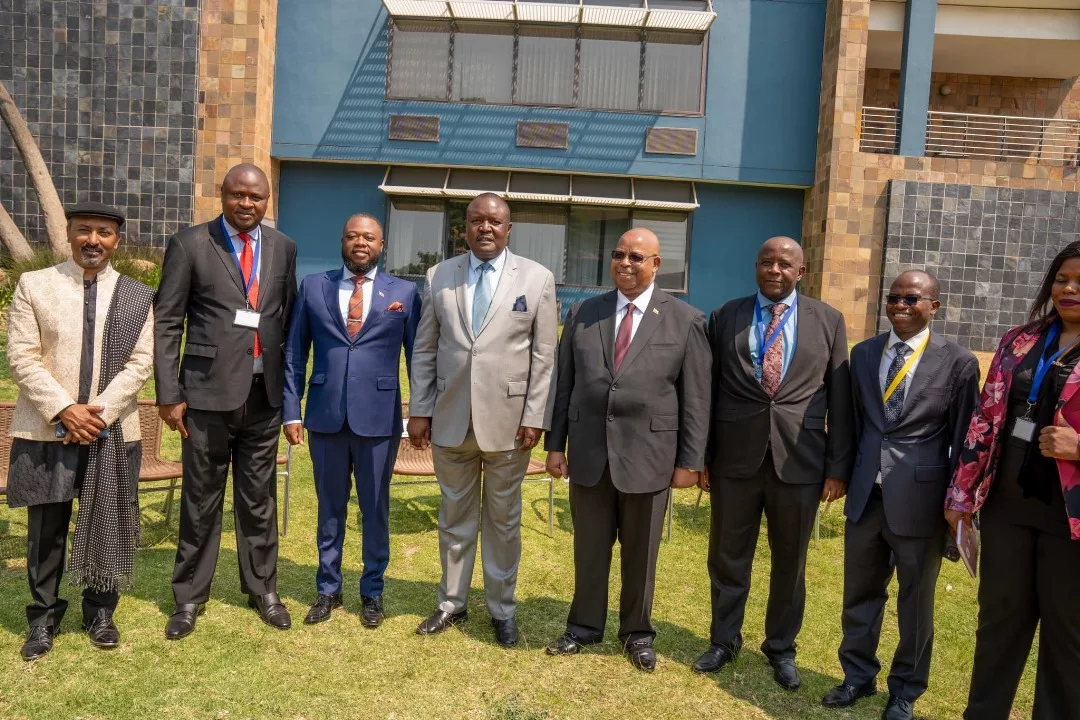|
Getting your Trinity Audio player ready...
|
The 12th Annual Conference of Speakers of African National and Regional Parliaments, which brings together heads of legislative organs from across the continent, kicked off at the precincts of the Pan-African Parliament in Midrand, South Africa, amidst calls for Africa to integrate digital literacy in its education curricula and implement effective policies that enhance the quality and relevance of education.
Speaking during deliberations on the African Union Theme of the Year for 2024, “Educate an African fit for the 21st Century: Building resilient education systems for increased access to inclusive, lifelong, quality, and relevant learning in Africa”, the Deputy Minister of Basic Education in the Republic of South Africa, Dr. Makgabo Reginah Mhaule, acknowledged the progress made by most African countries in catalysing universal access to education. However, she underscored that Africa must not be left behind in the current digital revolution and must do more to integrate digital literacy and Artificial intelligence in its education curricula reforms.
Contributing to the debate on the Impact of Climate Change in Africa and Africa’s Strategic Pursuits going into CoP 29, the Speaker of the Parliament of Zimbabwe, Hon. Advocate Jacob F.N. Mudenda, emphasized the value of the application of Artificial Intelligence (AI) in Disaster Risk Reduction (DRR) and climate action.
He further urged the African continent to draw instructive lessons from Dubai in harnessing hydrocarbons for energy generation as a critical solution to Africa’s energy deficit through the implementation of underpinning the pursuit of carbon sequestration scientifically. In that context, he urged Tertiary institutions in Africa to invest in research and leverage on technology and innovation to drive green transitions towards green economies.
The delegates also deliberated on the progress in the implementation of the African Continental Free Trade Area Agreement (AfCFTA) as a vehicle towards the attainment of Agenda 2063 aspirations and goals. The Deputy President of the Senate, Lt. General (Rtd) M.R. Nyambuya, decried the dependence of Africa on foreign-controlled media and international payment systems. He averred that the AfCFTA provides a historic opportunity for Africa to shape its own trade narrative and develop its own Pan African Payment Systems that are controlled in Africa by Africans themselves.
The three-day conference provides a platform for the political heads of African Regional and National Parliaments to engage in robust discussions on common issues affecting the continent, including climate change impacts, peace and security, enhancing intra-Africa trade, and sustainable green energy development among others. Africa’s collective voice and strategic actions are essential for addressing these challenges and shaping a brighter future for the African continent.






